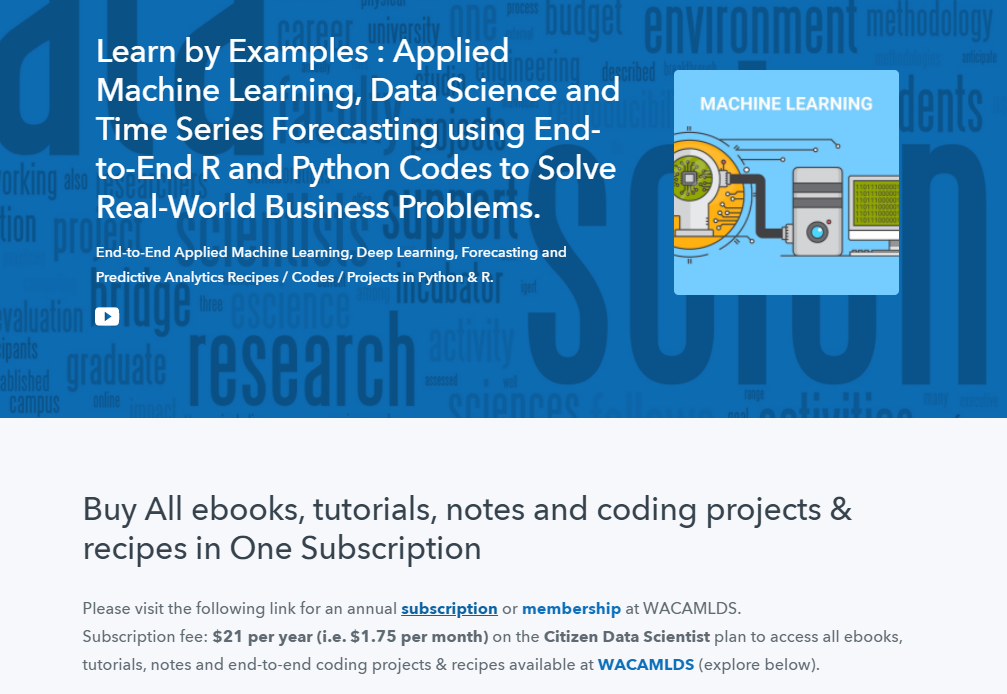Function Basics
Create Function Called print_max
def print_max(x, y):
/* if a is larger than b */
if x > y:
print(x, 'is maximum')
/* if a is equal to b */
elif x == y:
print(x, 'is equal to', y)
/* otherwise */
else:
print(y, 'is maximum')Run Function With Two Arguments
print_max(3,4)4 is maximum
Note: By default, variables created within functions are local to the function. But you can create a global function that IS defined outside the function.
Create Variable
x = 50Create Function Called Func
/* Create function */
def func():
/* Create a global variable called x */
global x
/* Print this */
print('x is', x)
/* Set x to 2. */
x = 2
/* Print this */
print('Changed global x to', x)Run func()
func()x is 50
Changed global x to 2
Print x
x2
Create Function Say() Displaying x with default value of 1
/* Create function */
def say(x, times = 1, times2 = 3):
print(x * times, x * times2)
/* Run the function say() with the default values */
say('!')
/* Run the function say() with the non-default values of 5 and 10 */
say('!', 5, 10)
! !!!
!!!!! !!!!!!!!!!
VarArgs Parameters (i.e. unlimited number of parameters)
- * denotes that all positonal arguments from that point to next arg are used
- ** dnotes that all keyword arguments from that point to the next arg are used
/* Create a function called total() with three parameters */
def total(initial=5, *numbers, **keywords):
/* Create a variable called count that takes it's value from initial */
count = initial
/* for each item in numbers */
for number in numbers:
/* add count to that number */
count += number
/* for each item in keywords */
for key in keywords:
/* add count to keyword's value */
count += keywords[key]
/* return counts */
return count
/* Run function */
total(10, 1, 2, 3, vegetables=50, fruits=100)166
Python Example for Beginners
Two Machine Learning Fields
There are two sides to machine learning:
- Practical Machine Learning:This is about querying databases, cleaning data, writing scripts to transform data and gluing algorithm and libraries together and writing custom code to squeeze reliable answers from data to satisfy difficult and ill defined questions. It’s the mess of reality.
- Theoretical Machine Learning: This is about math and abstraction and idealized scenarios and limits and beauty and informing what is possible. It is a whole lot neater and cleaner and removed from the mess of reality.
Data Science Resources: Data Science Recipes and Applied Machine Learning Recipes
Introduction to Applied Machine Learning & Data Science for Beginners, Business Analysts, Students, Researchers and Freelancers with Python & R Codes @ Western Australian Center for Applied Machine Learning & Data Science (WACAMLDS) !!!
Latest end-to-end Learn by Coding Recipes in Project-Based Learning:
Applied Statistics with R for Beginners and Business Professionals
Data Science and Machine Learning Projects in Python: Tabular Data Analytics
Data Science and Machine Learning Projects in R: Tabular Data Analytics
Python Machine Learning & Data Science Recipes: Learn by Coding
R Machine Learning & Data Science Recipes: Learn by Coding
Comparing Different Machine Learning Algorithms in Python for Classification (FREE)
Disclaimer: The information and code presented within this recipe/tutorial is only for educational and coaching purposes for beginners and developers. Anyone can practice and apply the recipe/tutorial presented here, but the reader is taking full responsibility for his/her actions. The author (content curator) of this recipe (code / program) has made every effort to ensure the accuracy of the information was correct at time of publication. The author (content curator) does not assume and hereby disclaims any liability to any party for any loss, damage, or disruption caused by errors or omissions, whether such errors or omissions result from accident, negligence, or any other cause. The information presented here could also be found in public knowledge domains.
